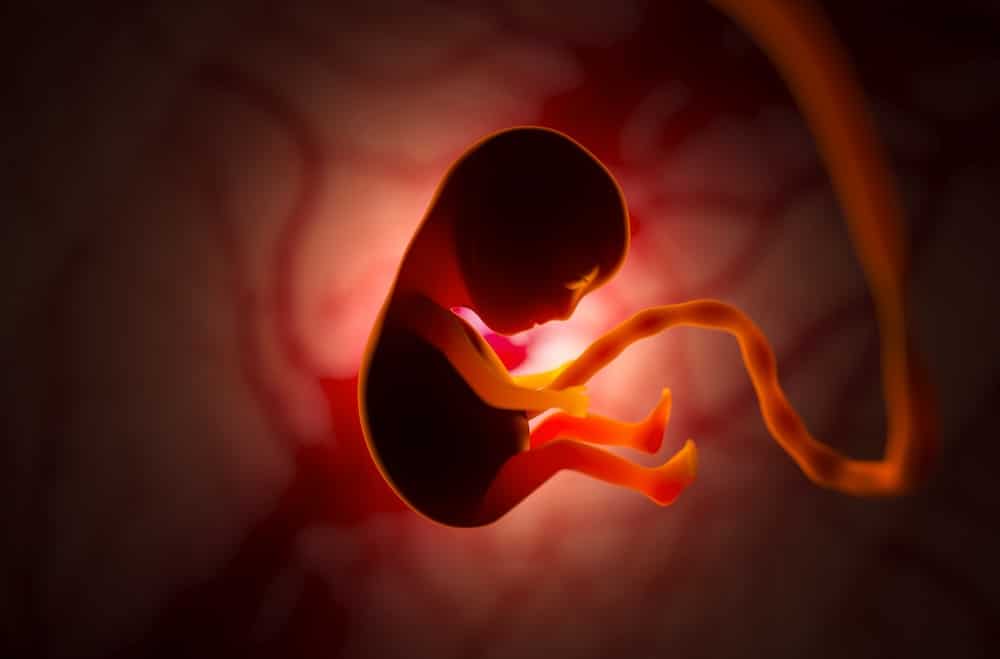
Are you considering insemination and having a child with the help of donated sperm? Or have you watched the documentary The Man With 1000 Kids and wonder about the laws for sperm donation in Sweden?
Sperm donation has been permitted in Sweden for a long time. Initially, it was only allowed for heterosexual couples. However, in 2005, it was also permitted for female couples, and in 2016, for single women. Regulations regarding sperm donation are provided by the National Board of Health and Welfare in Sweden and are found in the Parental Code and the Genetic Integrity Act.
Donor requirements when it comes to sperm donation
To donate sperm, the donor must:
- be of legal age.
- have given written consent.
- be healthy.
The physician is the one who selects a suitable donor for insemination. Parents can’t choose specific traits for the donor. However, the donor’s physical characteristics are matched with the woman who’ll carry the child. If a couple is using sperm donation, the donor’s characteristics are matched with the other parent. Considerations are made to ethnic background, hair color, eye color, and body type.
The sperm donor is allowed to withdraw consent. This means they can change their mind about donating, up until the insemination takes place. Donated sperm can’t be used if the donor has passed away.
Donor rights and responsibilities
A sperm donor has no rights or obligations towards the child. The donor, for instance, doesn’t have the right to know which children he’s fathered. Consequently, he can’t contact either the children or the parents. Legally, the sperm donor isn’t considered a parent of the child. Instead, it’s the mother’s partner, if any, who’ll become the child’s second parent. However, this only applies if the mother’s partner agrees to the use of sperm donation and the child is the result of that donation.
Do you need legal help?
Right to information about the donor
Sweden was the first country in the world to ban anonymous sperm donation, aligning with the The UN Convention on the Rights of the Child and the child’s right to know their origin. This means that the child has the right to know they were conceived through insemination and to find out who their donor was. Since 2019, the child can also obtain information about others conceived with the same donor. However, to access this information, those individuals have to opt to have their information recorded in a special journal.
Requirements to undergo insemination with sperm donation
There are specific requirements for those who wish to use sperm donation. These requirements vary somewhat depending on whether it’s a single woman or a couple seeking treatment. By law, the physician handling the case must assess whether the woman or couple is suitable for the treatment. The assessment is based on their medical, psychological, and social circumstances.
Insemination is only allowed if it’s likely that the child will grow up in good conditions. A medical evaluation is also conducted to determine the woman’s likelihood of becoming pregnant. If the woman is married or in a cohabiting relationship, she can only undergo insemination if her partner provides written consent.
How many children can a donor father in Sweden?
According to guidelines from the National Board of Health and Welfare, a sperm donor is only allowed to father children in a maximum of six different families in Sweden. It’s important to note though that there might be other families in other countries who’ve had children with the same donor.
Clinics are responsible for ensuring that the donor doesn’t exceed the limit of six families and doesn’t donate at multiple locations. However, there is no specific national register of donors and sperm donation in Sweden. And so, monitoring whether the six-family limit is followed is difficult. This means there’s a risk that there are children from the same donor in more than six families even within Sweden.
Recently, the National Board of Health and Welfare was tasked by the government to investigate the possibilities of establishing a register to ensure the limit is maintained.
